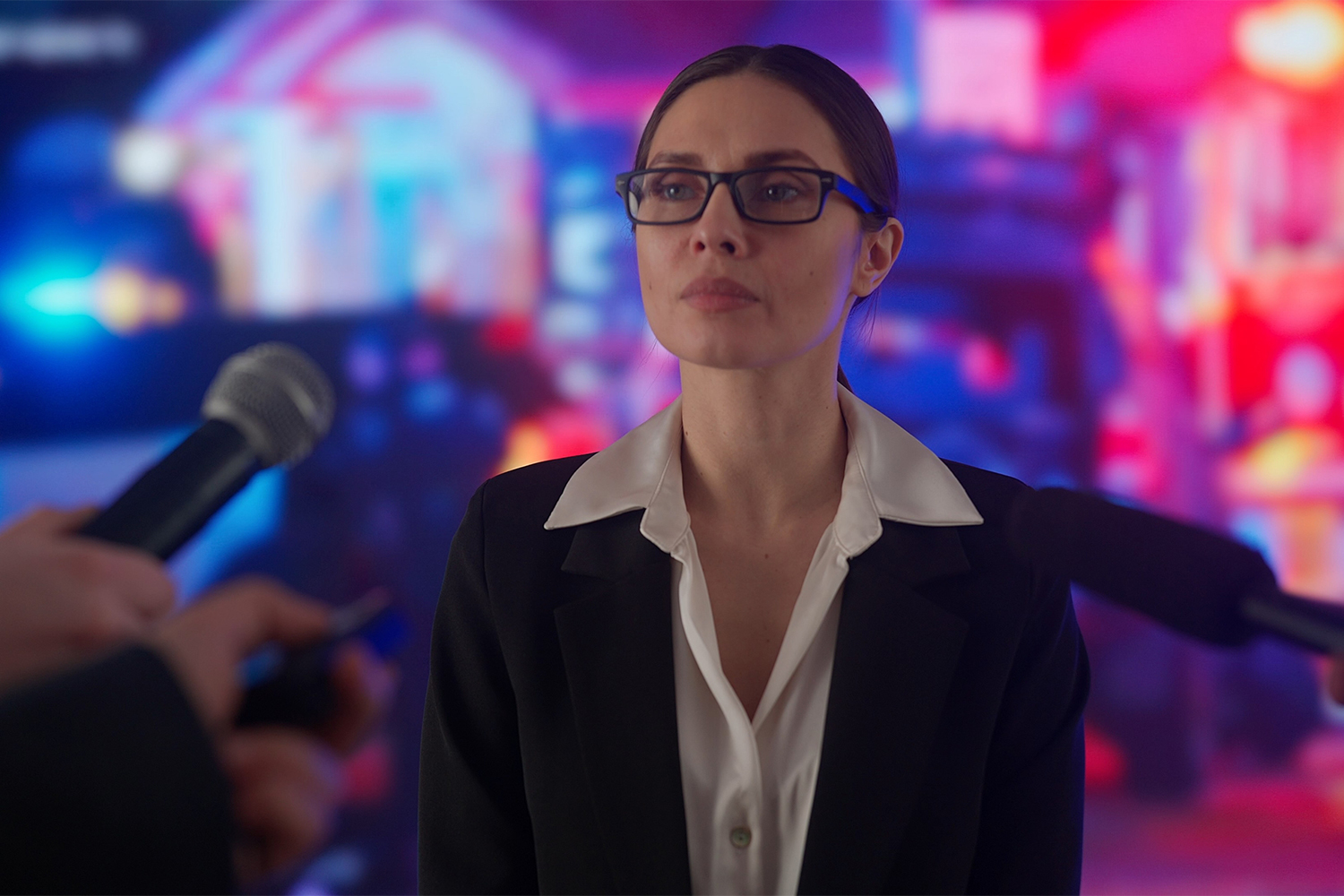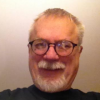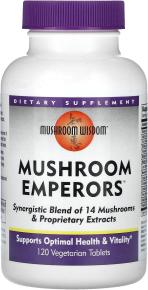Healthcare: Keeping “Expert Opinion” in Perspective

ID 311108309 © Kinomaster | Dreamstime.com
Life these days seems to be a hall of mirrors full of contradictions, inversions, and paradoxes. There’s a great quote from the poet Walt Whitman in Leaves of Grass about contradictions:
“Do I contradict myself?
Very well then, I contradict myself,
(I am large, I contain multitudes.)”
And I especially like this one from F. Scott Fitzgerald:
”..the test of a first-rate intelligence is the ability to hold two opposed ideas in the mind at the same time, and still retain the ability to function.
The rational mind starts to go haywire when it runs into paradox and seemingly unsolvable contradictions. Zen koans are riddles used to bypass the rational mind to get to deeper truths that only spiritual exploration can address. As we undergo the transition to what Eckhart Tolle calls the “New Earth” – the deep planetary transformation predicted for this time by indigenous peoples --- mind-bending contradictions will continue to abound. Reality will increasingly seem…well…sort of unreal.
One reason I’m bringing this up because there seems to be more and more commentary on the Internet about natural health, how to build your immune system, and how to counter the rapidly declining for-profit medical industrial complex. This is a good thing. However, when it comes to mainstream advice about healthcare, I’ve seen more contradictory information over the last few decades than I care to call out. Here’s a small sample:
- Butter is not good for you/butter is good for you.
- Eggs are not good for you/eggs are good for you.
- A little wine is good for you/a little wine is not good for you.
- Coffee is good for you/coffee is not good for you.
- Doing squats is good for you/doing squats are not good for you.
I could easily expand this list to a full page and I’m sure you could add to it from your experience.
If there’s some kind of useful lesson to be gained from all this, it’s a fairly simple one: at the end of the day, we need to rely on our intuition and judgment and our own guidance to decide the best path forward health-wise and otherwise. Articles in the mainstream press about health and nutrition address a general audience and your own situation may be exceptional for any number of reasons. Further, there is supportable evidence that physiologies are quite unique to each individual. We know this to be true from experience. A treatment or regimen that works for one person might completely fall flat with another.
The mainstream media is chock full of articles that begin with the phrase “Experts Say” in the title, followed by some catchy topic du jour. I always wonder who are these mysterious “experts”? And who has decided that they are experts? (Probably other experts.) The question is: are you going to hand over your health and well-being to some random advice just because some hurried journalist quoted someone that some corporate or other for-profit source has decided was a foremost authority?
As a journalist, I can tell you how this often works. Powerful corporations including those in for-profit healthcare push out press releases to harried journalists who have to make deadlines. They don’t have time to check out the validity of what’s being offered as “expert” opinion. The individuals called out in these press releases (naturally) line up with the corporate interests of the company sending them out. So, guess what often makes it into the news item you happen to be reading? How “scientific” is that?
When it comes to your own psychological and physical health, there’s only one expert: you. But to claim that power, of course, it’s important to step up and make the decision to take charge of your own well-being. This can be a big step for many of us who are used to relying on an allopathic medical establishment that has become increasingly bureaucratized, profit-driven and run by insurance companies. And yes it can be a bit alarming to realize that this responsibility rests on your shoulders. But I like to think of what Emerson said in his essay on self-reliance: “Nothing is at last sacred but the integrity of your own mind.”
And then we have the overly simplistic mantra to “follow the science”. The answer to that should always be: What science? Whose science? And if there was a medical study quoted then it’s imperative to ask who funded it and what was the name of the study. If it was a Pharma or corporate funded medical study (as many are these days) rather than an independent one that has been fully vetted and peer-reviewed, then appropriate skepticism is called for.
I’m not opposed to getting expert advice and I frequently consult many difference sources on healthcare matters including conventional ones like Web MD. Gathering different viewpoints is an important part of the process. But with the healthcare system rapidly degrading, we’re all going to have to take more and more personal responsibility for our own health. While this seems like an unnecessary burden (and it easily feel like that and justifiably so), at the end of the day, it’s probably a good thing for all of us to step up and embrace this. A chiropractor I know once summed it up beautifully: “People take better care of their cars than their own bodies.”
Tom Valovic
Tom Valovic is a writer, journalist, and tai chi practitioner of 22 years. He is the author of Digital Mythologies, which explores the relationship between spirituality and technology. He writes about a variety of topics including healthcare, politics, technology, spirituality, and the environment. He has written articles about the relationship of culture and technology for Annals of Earth, Wisdom Magazine, The Whole Earth Review, The Boston Globe, The San Francisco Examiner, Media Studies Journal, and many other publications. Tom has been a board member at Brookline Tai Chi in Massachusetts and is co-founder of the Emergence Project.
He always enjoys hearing from readers. Feel free to e-mail him at cloudhands5885@gmail.com.
Don't Miss a Thing!
Get the latest articles, recipes, and more, when you sign up for the tasteforlife.com newsletter.

